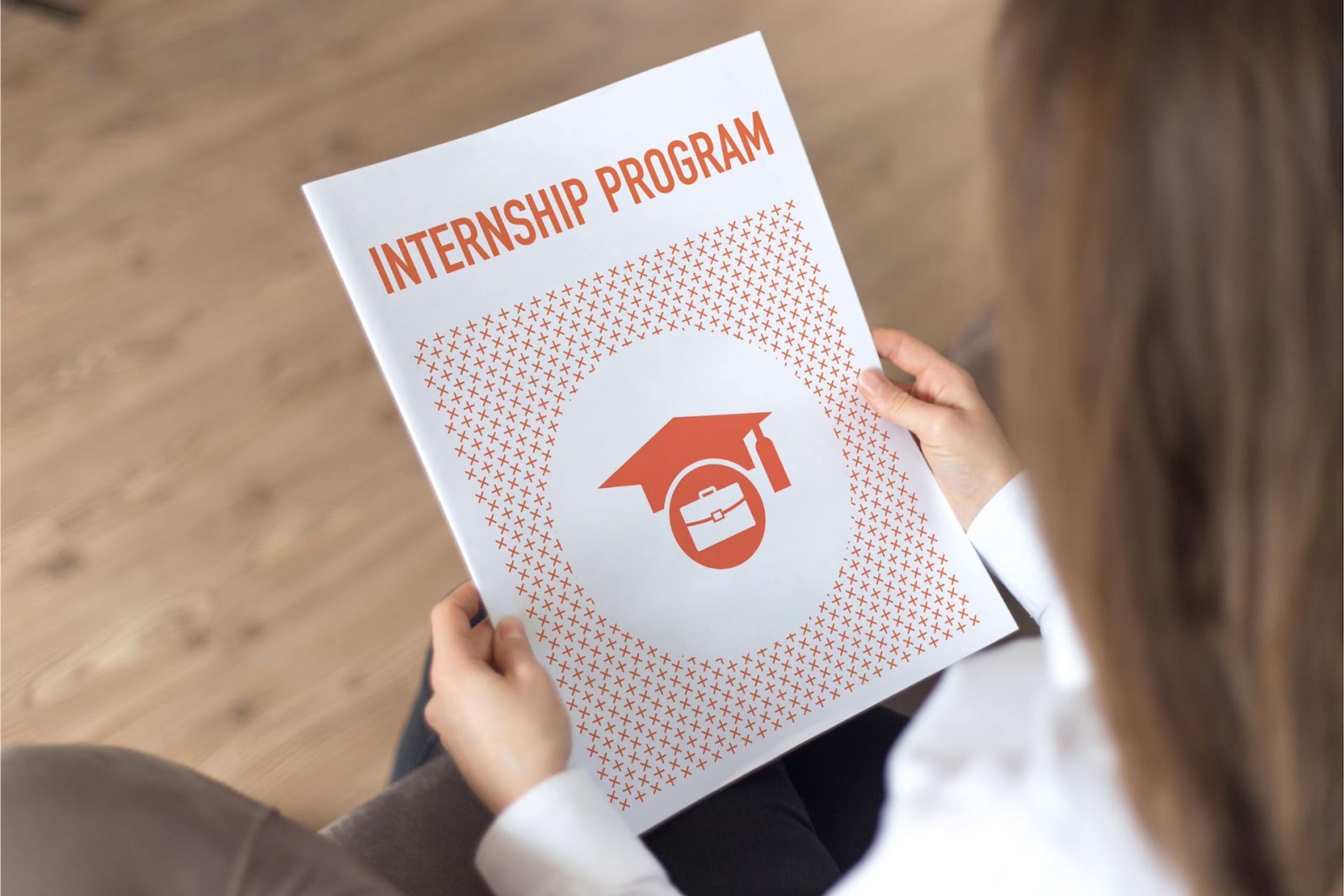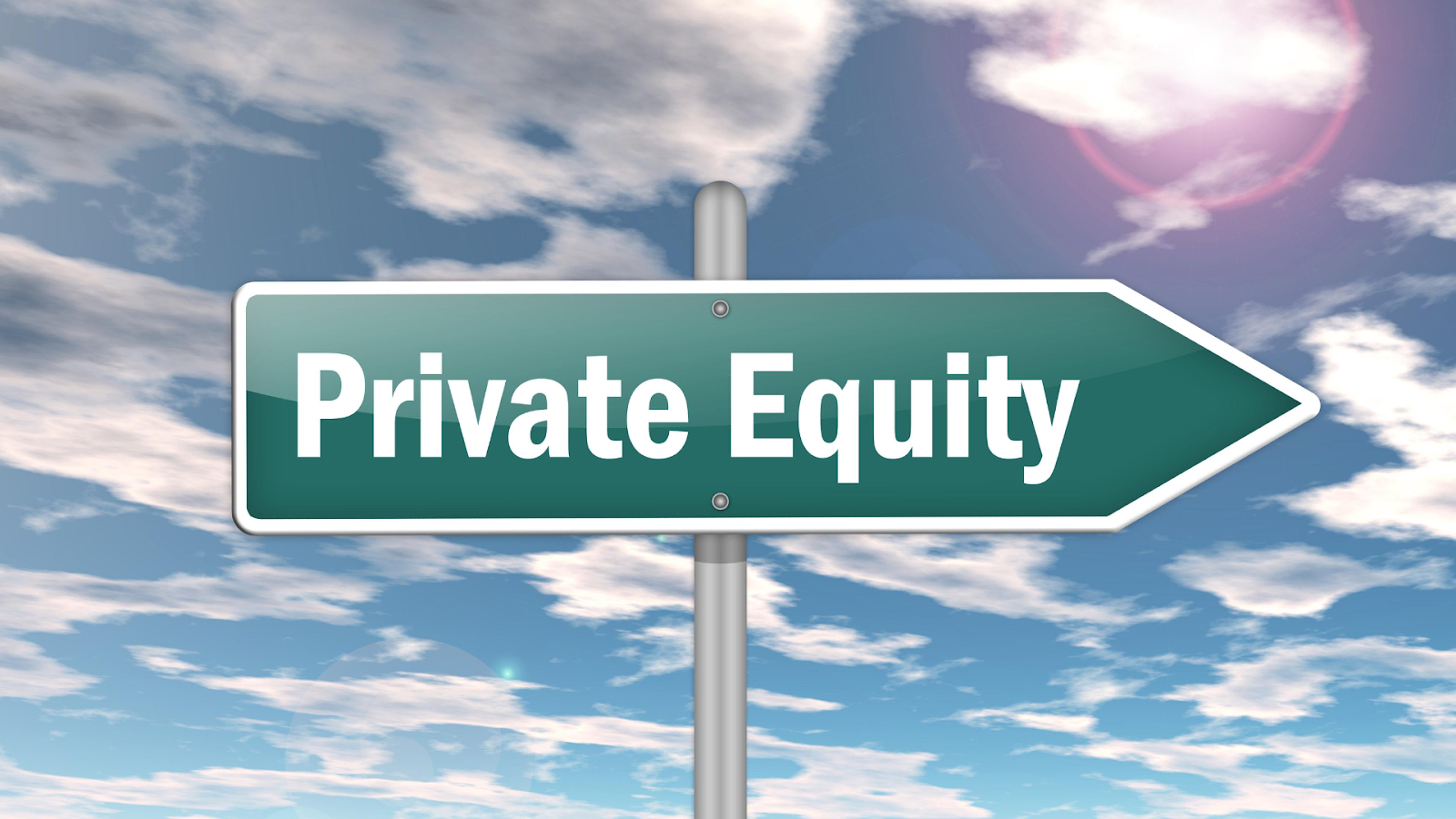On-Cycle, Off-Cycle, vs. Full-Cycle Recruiting 2025: Timeline, Process & Preparation Tips
Discover the key differences between on-cycle recruiting, off-cycle recruiting, and full-cycle recruiting. Learn how to prepare for each process and land your dream PE role in 2025.
Posted October 22, 2025

Join a free event
Learn from top coaches and industry experts in live, interactive sessions you can join for free.
Table of Contents
Timelines are accelerating. Headhunters are calling earlier than ever. And if you’re not ahead of the cycle, you’re behind. The private equity recruiting process is a highly structured and competitive pathway for candidates seeking roles in private equity firms. This process is divided into two main tracks: on-cycle recruiting and off-cycle recruiting, each with distinct timelines, candidate pools, and hiring expectations.
Whether you're an investment banking analyst eyeing on-cycle roles, a professional pivoting into off-cycle opportunities, or someone trying to understand the full recruiting process end-to-end, this guide will give you expert-backed, real-world, and tactical insight into private equity recruiting. We’ll break down each recruiting type, when to pursue them, and how to prepare at every stage.
Read: Why Private Equity? Ex-PE VP on How to Answer + Expert Tips
What Is On-Cycle Recruiting?
On-cycle recruiting is the highly structured and fast-paced process used by mega funds and top-tier firms such as Blackstone, KKR, and Bain Capital, and Carlyle. This is when private equity firms recruit investment banking analysts, often just months after they start their jobs at bulge bracket or elite boutique banks.
The On-Cycle Recruiting Process
- Timeline: Happens once a year, usually 4–8 months after analysts start in investment banking.
- Speed: The entire on-cycle process can be completed in just a few days, sometimes even hours.
- Firms involved: Primarily larger PE firms and mega funds that want to lock in top talent early.
- Interview process: Includes several rounds of interviews packed with technical questions, modeling tests, valuation methodologies, and behavioral interviews.
Because the on-cycle recruitment process is so intense, analysts must begin interview preparation and financial modeling practice months before it starts. Many firms seek candidates who are polished, confident, and technically sharp.
Pros of On-Cycle Recruiting
- Early access to the most prestigious private equity and growth equity roles
- Clear recruiting timeline and structured hiring process
- High starting compensation and faster promotion tracks
Cons of On-Cycle Recruiting
- Extremely competitive. Only a small percentage of analysts receive offers
- Minimal time to gain deal experience in banking before interviews
- Pressure to accept offers quickly, often within 24 hours
Best for: Highly technical, well-prepared investment banking analysts at top-tier firms who want to secure offers early.
What Is Off-Cycle Recruiting?
Off-cycle recruiting happens outside the official on-cycle window. Unlike the rush of on-cycle, off-cycle recruitment follows a rolling, year-round schedule. Many private equity firms, smaller firms, and middle market firms use this method to hire analysts and associates when positions open up due to deal flow, team expansions, or departures.
The Off-Cycle Recruitment Process
- Timeline: Flexible; can happen any time of year.
- Firms involved: Middle market, growth equity, venture capital, family offices, and portfolio companies.
- Candidate pool: Broader. Includes former investment bankers, consultants, corporate development professionals, and industry professionals.
- Interview process: Slower and more relationship-driven. May include multiple rounds over several weeks and more emphasis on behavioral interviews and relationship building.
Because many firms hire off-cycle to fill specific roles, candidates need to be proactive. Networking through coffee chats, alumni introductions, and networking events often matters more than applying online.
Pros of Off-Cycle Recruiting
- More time to build deal experience and strengthen technical skills
- Opportunity to evaluate firm culture and fit
- Better suited for non-traditional candidates or those from non-target schools
Cons of Off-Cycle Recruiting
- Less predictable and less transparent than on-cycle
- Requires strong networking and relationship-building to find hidden off-cycle opportunities
- The interviewing process may take longer and require patience
Best for: Candidates who prefer a flexible pace, have strong industry experience, or are exploring roles in growth equity or smaller firms.
What Is Full-Cycle Recruiting?
Full-cycle recruiting, sometimes called “end-to-end recruiting,” is when a single recruiter or team manages every stage of the recruitment process, from sourcing candidates to extending offers. In private equity, this approach is gaining traction, especially among middle-market and growth equity firms that want a more personal, efficient hiring process.
The Full-Cycle Recruiting Process
- Stages include: Sourcing, screening resumes, interviewing candidates, collecting feedback, negotiating offers, and onboarding.
- Firms involved: Usually smaller firms or mid-market firms, where one recruiter or team can oversee the full recruiting cycle.
- Benefits:
- Faster decision-making
- Stronger relationships with candidates
- Better consistency in evaluation
For private equity recruiters, full-cycle means owning the entire candidate journey. For candidates, it is a reminder to approach your private equity recruiting process with the same mindset, take ownership of every step, from initial research to final round interviews.
Best for: Recruiters or firms looking to optimize operations and deliver a smoother experience; also, a good mindset for candidates who want control over their career search.
Key Differences Between On-Cycle, Off-Cycle, and Full-Cycle Recruiting
| Feature | On-Cycle Recruiting | Off-Cycle Recruiting | Full-Cycle Recruiting |
|---|---|---|---|
| Timing | Happens once a year in a fast, scheduled window | Occurs year-round, based on firm needs | Continuous, managed by one recruiter/team |
| Firms Involved | Mega funds, larger PE firms, top-tier firms | Smaller firms, growth equity firms, VCs, family offices | Middle-market firms or internal talent teams |
| Candidate Pool | Investment banking analysts from bulge brackets or elite boutiques | Broader mix: bankers, consultants, corporate development, industry professionals | Applies to both recruiters and candidates managing their own full process |
| Interview Process | 1–2 days, back-to-back technical and behavioral interviews | Slower-paced, multi-round, more conversational | Managed closely for consistency and candidate experience |
| Recruiting Timeline | Fixed and highly structured | Flexible and rolling | Continuous |
| Focus | Technical skills, speed, and accuracy | Relationship building, fit, and flexibility | Efficiency and ownership |
Which Path Is Right for You?
| Candidate Type | Recommended Track | Why It Fits |
|---|---|---|
| 1st-year investment banking analyst | On-cycle recruiting | Perfect for candidates ready early with strong technical prep and interest in mega funds or top-tier PE firms. |
| Analyst/Associate building experience | Off-cycle recruiting | Ideal if you want more time to gain deal experience or explore growth equity and middle market firms. |
| Career switcher / MBA / non-traditional background | Full-cycle or off-cycle | Provides flexibility and allows for more relationship building and multiple rounds of interviews. |
5 Expert Tips on How to Prepare for Any Private Equity Recruiting Cycle
1. Start Early and Master the Basics
If you’re serious about breaking into private equity, start your interview preparation early, well before the recruiting timeline begins. The on-cycle recruiting process can move overnight, and many private equity firms won’t give you much notice. Begin by strengthening your foundation in financial modeling, valuation methodologies, and core technical questions used in private equity interviews. Practice building clean, logical models and explaining your thinking clearly. Take note that the best candidates prepare months ahead so that when the calls start coming, they can focus on execution, not cramming.
2. Build Relationships That Open Doors
In my experience, most off-cycle roles and even some on-cycle opportunities aren’t posted publicly; they’re filled through networking events, referrals, or a quick coffee chat with the right person. That’s why you need to build genuine connections with investment professionals, analysts, and associates across PE firms, growth equity firms, and even venture capital shops. Be curious, ask about their paths, and stay in touch. A single recommendation can make a bigger difference than fifty cold emails, especially when private equity recruiters are looking for someone reliable who fits their team culture.
3. Develop Both Technical and Soft Skills
When firms seek top talent, they want more than someone who can crunch numbers. They want private equity analysts who can think, communicate, and collaborate. Yes, you’ll need strong technical skills in Excel and accounting, but you’ll also need confidence and presence during behavioral interviews. Learn how to explain your deal experience, support your assumptions, and speak clearly with management teams during the interview process. It’s this mix of analysis and communication that separates those who just answer questions from those who truly stand out in private equity recruitment.
4. Be Strategic When Targeting Firms
Don’t send the same resume to every PE firm out there. Instead, take time to research and identify specific firms that align with your goals and experience. Some larger PE firms focus on buyouts and mega funds, while middle market firms and growth equity investors look for candidates with broader industry experience. Keep a simple spreadsheet to track your outreach, schedule interviews, and monitor progress. Knowing what each specific firm values will help you tailor your approach and show you’ve done your homework.
5. Take Ownership Like a Full-Cycle Recruiter
Finally, treat your own job search the way a full-cycle recruiter manages their pipeline. Plan your outreach, stay organized, and follow up after every interview. Whether you’re going through on-cycle recruiting, off-cycle recruiting, or both, you’ll need to juggle timelines and maintain consistent communication. Keep notes on every conversation, feedback you receive, and next steps. This level of discipline helps you optimize your recruiting process and gives you control in a highly competitive environment. Remember, many firms respect candidates who manage their search like a deal.
The Bottom Line
The private equity recruiting timeline is evolving. While on-cycle recruiting still dominates the largest firms, many firms are shifting toward off-cycle or full-cycle recruiting to attract candidates with deeper deal experience and stronger interpersonal skills. Whether you’re preparing for your first private equity interview or exploring off-cycle opportunities, remember this: You’re not just part of the recruiting process; you’re managing it.
Take ownership of every step, build real relationships, and show the commercial judgment and technical excellence that PE firms look for in future leaders.
Your Path to the Right Recruiting Strategy
Working with top private equity coaches can provide the insights, preparation, and industry connections needed to maximize opportunities and land a role at leading private equity firms. More so, check out private equity and investment banking recruiting bootcamps as well as free events and group classes to unlock your full PE potential!
See: The 10 Best Private Equity Career Coaches for Interview Prep & Training
Read these next:
- How to Ace Your Blackstone Interview
- How to Ace Your Alpine Investors PE Interview
- How to Ace Your TA Associates PE Interview
- How to Get Into Private Equity: The Ultimate Guide
- Finance Internships for College & High School Students
- What to Ask Your Private Equity Interviewer
- Top Skills You Need to Break Into Private Equity
FAQs
What does “on-cycle recruiting” mean?
- On-cycle recruiting is when private equity recruiters begin hiring investment banking analysts at the same time, usually in a fast, organized process. It often involves several interview prep rounds and a quick final round within days.
Is a 3.6 GPA bad for investment banking?
- No, a 3.6 GPA is generally strong for investment banking. Banks look for more than grades. They also look for your key skills, networking, and interview prep matter just as much.
What does “on-cycle” mean?
- On-cycle means part of the main recruiting timeline for private equity or investment banking roles. It’s when most firms interview and hire candidates in a short, scheduled period.
How much does IB recruitment pay?
- Recruitment typically leads to analyst roles starting around $150K–$200K annually, including bonuses. Pay increases sharply as you gain experience or move into private equity.
Browse hundreds of expert coaches
Leland coaches have helped thousands of people achieve their goals. A dedicated mentor can make all the difference.



















